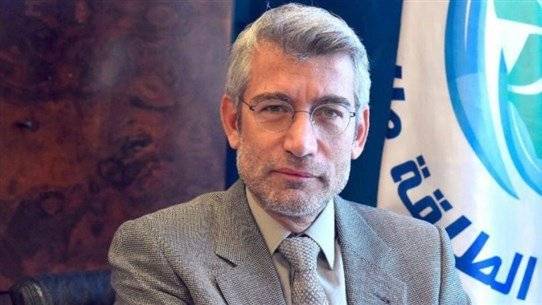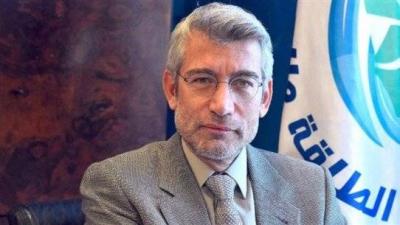In recent months, the Lebanese state has relied on the fuel agreement with Iraq to secure the minimum electricity supply. Recently, there have been discussions about a return to complete darkness; what is the truth behind this? What is the latest regarding the Iraqi fuel agreement? What is the Lebanese stance on the Iranian offer to provide free fuel to Lebanon?
Energy Minister of the caretaker government, Dr. Walid Fayad, reveals that a large Iraqi delegation will visit Lebanon to discuss the fuel agreement in exchange for Iraq benefiting from Lebanese services. In an interview with MTV, he explains that the services that the Iraqis might benefit from include waiving landing fees imposed by the Ministry of Public Works and Transport, training pilots at the "Middle East" Institute, as well as potential benefits in agriculture, education, and printing school textbooks, which will be determined by the Minister of Education, Abbas Halabi. He also notes the possibility of benefiting from healthcare services, stressing Iraq's desire to continue the agreement.
Fayad states, "It is important for us to extend the current agreement to complete the quantity of one million tons for a year, and we seek to increase the quantity and extend the agreement for an additional year." He adds, "I informed Iraq that Lebanon needs about three times the quantity it currently supplies to reach 8 to 10 hours of electrical supply," indicating that "after consulting with the General Security Director, General Abbas Ibrahim, the Iraqi team talked about two million tons," expressing optimism about the agreement with Iraq, with the final decision resting with the Iraqi government. He emphasizes "the necessity of avoiding complete darkness and reaching a sustainable solution regarding fuel and electricity through tariff increases, which require political consensus and government approval," noting that "improving tariffs would secure coverage for the cost of fuel, in addition to providing the World Bank the necessary paperwork, namely an increase in tariffs, which is a condition for securing the required funding for Egyptian gas."
Regarding the Iranian offer to provide free fuel to Lebanon, Fayad expresses welcome, stating, "This matter helps us during the transitional phase while awaiting the tariff increase." He clarifies that "the Iranian ambassador recently met with caretaker Prime Minister Najib Mikati and requested he delegate a team representing the Lebanese government to speak with the Iranian side on this matter," confirming his readiness but expressing the need for governmental authorization. He mentioned that the Petroleum Directorate sent the specifications of the fuel and the required quantities to the Iranian embassy. Fayad believes that "obtaining Iranian fuel does not create a problem for Lebanon with the international community, as the fuel is free and not subject to sanctions."
On another note, Fayad reveals that he received an invitation for a meeting with his Algerian counterpart, commissioned by the Algerian president, who supports Lebanon during this phase, adding, "There will be a video call interview, followed by a meeting to discuss the details in this regard," pointing out that "Algeria has offered to restore relations between the two countries on proper foundations and to benefit from Algerian fuel."
In conclusion, Fayad denied the rumors circulated by activists on social media regarding potential fees and taxes that may be imposed on solar energy.




